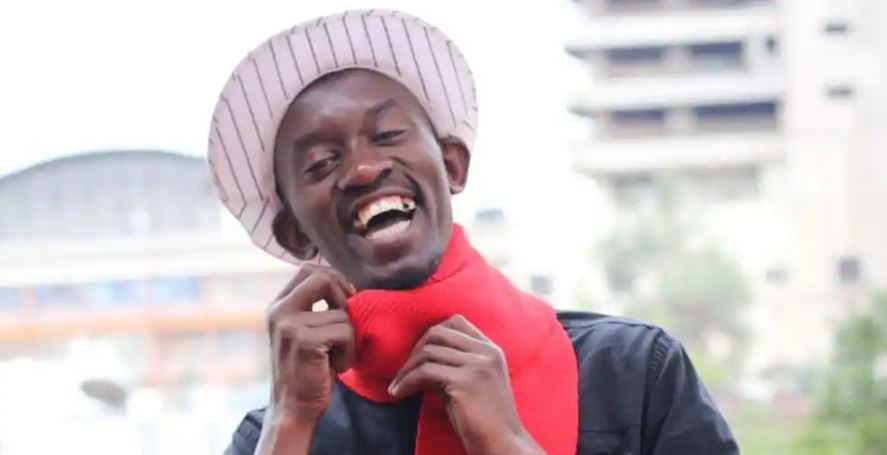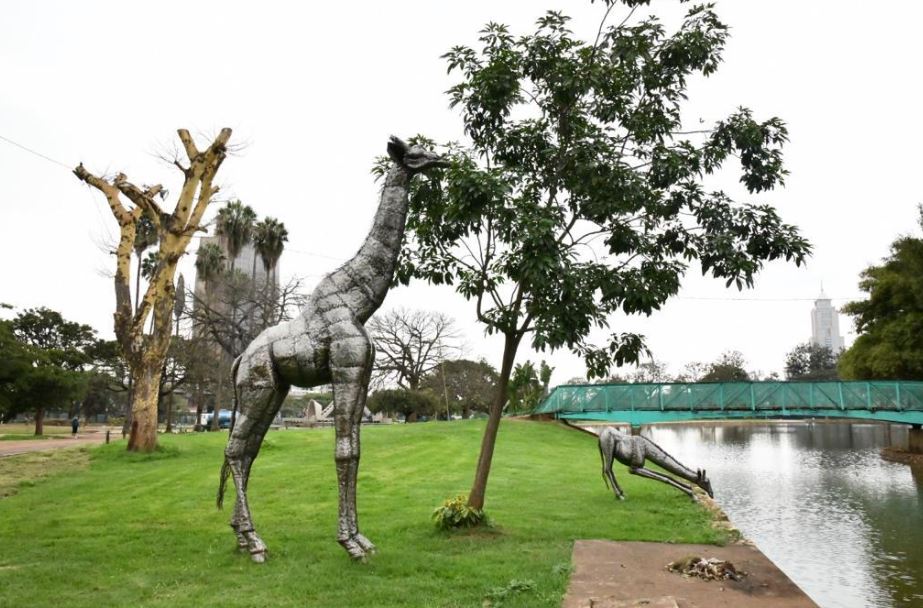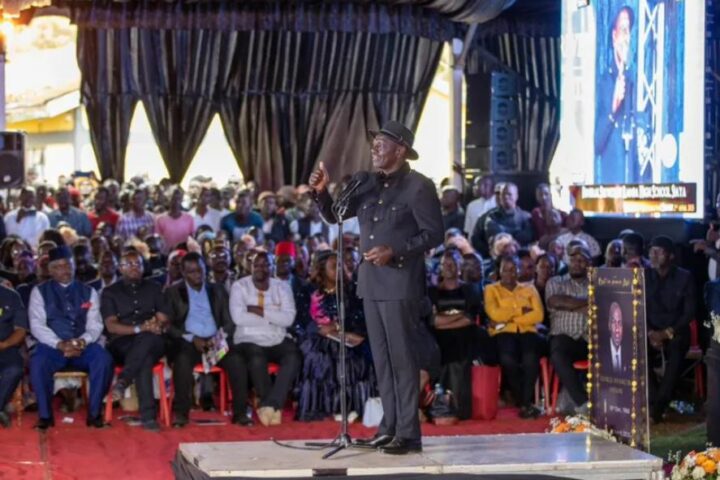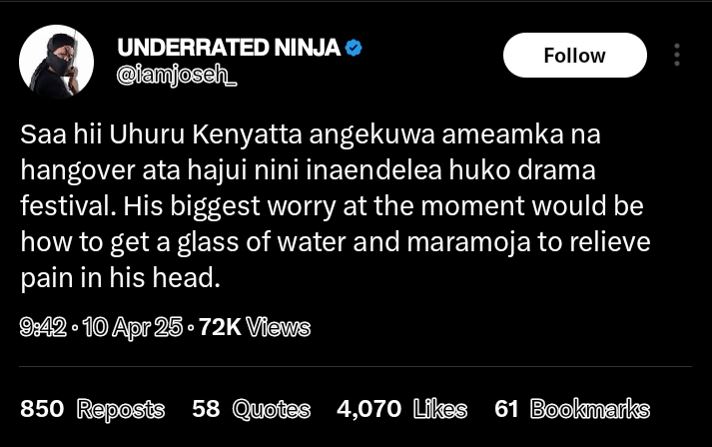 Renowned for his captivating performances in popular shows like “Netflix’s Uradi,” and “40 Sticks,” actor George Mwaura, known by his stage name Bilal, is a prominent figure in Kenya’s entertainment industry.
Renowned for his captivating performances in popular shows like “Netflix’s Uradi,” and “40 Sticks,” actor George Mwaura, known by his stage name Bilal, is a prominent figure in Kenya’s entertainment industry.
In an interview, he shared candid insights into his unconventional career path, shedding light on his decision to forsake a legal profession for the world of acting.
If you weren’t an actor, which career path would you have pursued? Why did you abandon your career in law?
I think I would be a teacher. Between 2010 and 2012, I was at Kenyatta University taking a degree course in theatre arts and film technology. I did not complete it. Before that, between 2007 and 2008 I was at the University of Nairobi studying law which I also did not complete. Despite this, I’ve taught at some film schools in the country and the experience was hugely fulfilling. I really enjoy sharing knowledge with students in a classroom setting. I might actually take up teaching in future.
When I was younger, I was quite rebellious, but with age and experience, I’ve come to acknowledge that I have multiple interests which could have informed my past behaviour. I went to Alliance High School and scored a B+ in my KCSE exams, even though I didn’t study much for the test.
In high school, I devoted most of my time to the drama club as I was certain it aligned with my future aspirations. Drama gave me a purpose to be in school. At some point, I started questioning everything about school especially because on every Career Day, teachers and old boys would talk to us about white-collar jobs. I used to read a lot of novels that had nothing to do with the curriculum. I felt like we should be given more options away from just text books.
Tell us about the first show that brought you to the limelight…
My biggest acting endeavor was the theatre tour I was a part of in 2010 for a production called Kigenzi Ndoto. That year, we staged several shows in Kenya and Tanzania. Although it was initially publicised as an East African tour, we only visited some counties in Kenya and Tanzania. During the tour, I met Mumbi Kaigwa, one of Kenya’s most acclaimed theatre and film talent, and later collaborated with her in a project.
Featuring in Uradi was also a huge milestone for me, particularly since it initially aired on KBC before being picked up by Netflix. Actuially, it is Uradi that brought me public recognition.
Has your 14-year acting journey been smooth?
It would be very boring to have a smooth journey. I started this career in 2008, doing screen work for a local show dubbed The Guy Centre. Although I enjoyed that first experience, I decided to stick to theatre until I built my brand to the point where I could be recognised without even going for auditions.
Opportunities then began to present themselves, one after the other. I found myself securing roles in various films, including those featured on Showmax, Maisha Magic, and even Netflix. I am grateful for this growth, but it has come as a result of hard work and discipline.
How important is family to you?
I currently don’t have a family of my own, but I have four children with four women. I am supportive of polygamy because I believe it can ease some of the pressures faced by couples since responsibilities can be shared in such a setting. However, it’s essential that all parties involved agree to this arrangement.
I think marriage is an important institution but I don’t want to get in it just for love. It is greater than that because we’ll be tasked with raising future citizens of the world. I am 35 years old, and I aspire to find my soulmate before I reach 40.
What do you think the government should do to support the creative industry in Kenya?
At the moment, actors can only collect income from programmes aired in Kenya. This leaves out a huge chunk of films broadcast from other countries such as South Africa, the home of MultiChoice, which is one of the biggest player in the market today.
While we are grateful for the opportunity to earn a livelihood, more income would make things much better. An inter-governmental conversation at the highest level is needed to set the ball rolling towards this goal. That said, we really appreciate the support offered through The Kenya Film Commission.
Source: Life&Style Magazine/Nation








